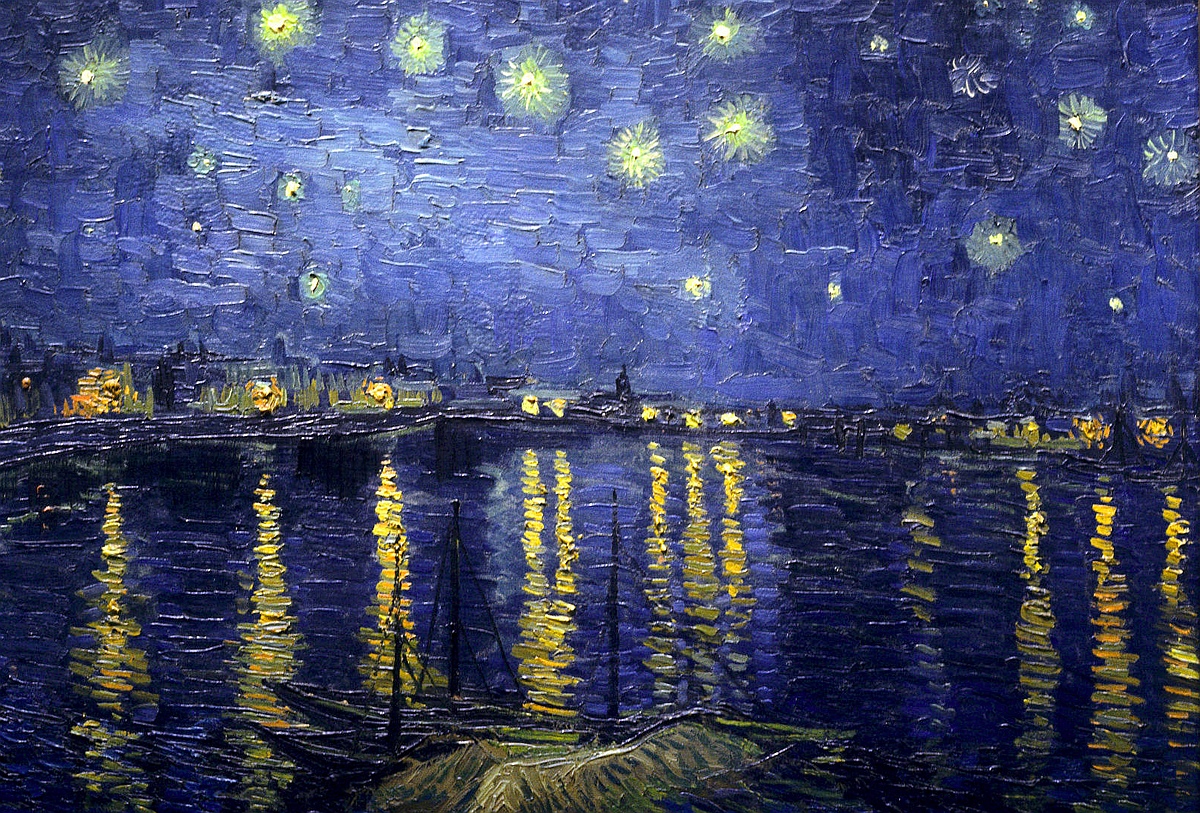Screening and Treatment
Breast cancer is one of the most common diseases women face. It is hard to ignore an all too often fatal disease that one of eight women will have during their lifetime. Thus, breast cancer is an especially important topic for The Hope Museum™.
Breast cancer screening with mammography offers early detection and the opportunity for a cure of the cancer when detected in time. Still, in the United States, over 20 million women are not receiving appropriate screening due to lack of access, education or awareness. These women are at increased risk, and when the diagnosis of breast cancer is delayed, the prognosis is often poor. With a better understanding of mammography and personal risk, women can make better choices about screening so that they can more effectively lower their risk of invasive breast cancer, and lower their risk of being “over-diagnosed” with breast cancer for a something that would never become a problem.
Twenty-four million women in the U.S. alone have been treated for breast cancer. But treating the cancer is not enough. Women need help to recover from the trauma imposed by this disease. The Hope Museum will be a place to learn about reconstructive surgery options or when preventive mastectomy may be appropriate.
When women are given the diagnosis of cancer, it is a traumatic event. Treatment of cancer is often accompanied by a decline in cognitive function, in part from chemotherapy, but also from stress. This decline in function is severe enough that it impairs the person’s ability to understand and comply with treatment. The Hope Museum will help women understand what they can expect and provide assist in how to overcome the challenges of the disease and healing from this trauma. The museum will empower these individuals with knowledge, tools, and exercises to regain control and normalcy in their lives. The museum will be a place for women to learn to restore themselves after the trauma of this or other devastating diagnoses; it will be a place where they, and their loved ones, can learn about diseases and be empowered by understanding it, along with their options for treatment, and how to prevent its reoccurrence. It will be a place to support women and help them return to health after the emotional trauma that accompanies disease, injury, and loss, and assist them in moving beyond the impact it has asserted on their lives.
This hour and a half video is a poignant portrayal of one woman’s experience going through cancer treatment.
Preventive health issues at The HOPE Museum™ will not be limited to breast cancer, but include other health issues, especially those affecting women, including diseases of the reproductive organs, trauma, domestic violence, and Alzheimer’s disease.
The Museum’s goal is to empower people through the dissemination of knowledge of scientifically verified knowledge in preventive and other areas of medicine and present them with tools by which they can make more effective choices. Too often we are paralyzed by an overabundance of conflict choices about health and medical treatments. The Hope Museum will carefully present the data in an understandable way, so that women can make those choices.
The Museum will also provide a unique venue for teaching and training teachers of hope and raising awareness among health care professionals of the psychological and cognitive impact of disease. They will learn to take a more functional approach to communication and how to be more therapeutic in dealing with the emotional impact of cancer and trauma. The museum will serve to teach doctors and other health care professionals how to help prevention of disease and trauma.
The Museum will also be a place for physicians to explore the impact of treating cancer patients on their own lives. The following excellent video (skip the one minute 45 second intro), “On Being an Oncologist” presented by MD Anderson Cancer Center, provides insight that may be of interest to physicians and others. It serves as an example of one type of continuing educational material that will be presented at the Hope Museum. This film speaks about the difficulties faced by physicians caring for patients with cancer. It compliments the viewpoints expressed in the video presented above.
